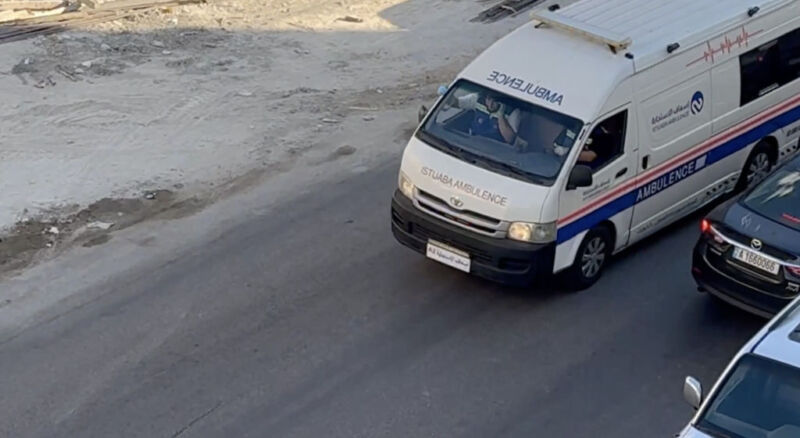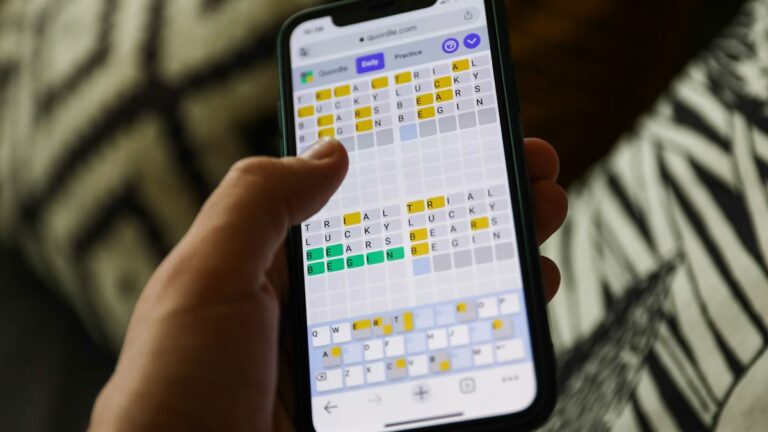
A massive wave of pager explosions across Lebanon and Syria around 3:30 pm local time today has killed at least eight people and injured more than 2,700, according to local officals. Many of the injured appear to be Hezbollah members, although a young girl is said to be among the dead.
New York Times reporters captured the chaos of the striking scene in two anecdotes:
Ahmad Ayoud, a butcher from the Basta neighborhood in Beirut, said he was in his shop when he heard explosions. Then he saw a man in his 20s fall off a motorbike. He appeared to be bleeding. “We all thought he got wounded from random shooting,” Ayoud said. “Then a few minutes later we started hearing of other cases. All were carrying pagers.”
…
Residents of Beirut’s southern suburbs, where many of the explosions took place, reported seeing smoke coming from people’s pockets followed by a blast like a firework. Mohammed Awada, 52, was driving alongside one of the victims. “My son went crazy and started to scream when he saw the man’s hand flying away from him,” he said.
Video from the region already shows a device exploding in a supermarket checkout line, and pictures show numerous young men lying on the ground with large, bloody wounds on their upper legs and thighs.
The shocking—and novel—attack appears to have relied on a wave of recently imported Hezbollah pagers, according to reporting in the Wall Street Journal. (The group has already warned its members to avoid using cell phones, due to both tracking and assassination concerns.)
According to the WSJ, a Hezbollah official speculated that “that malware may have caused the devices to explode. The official said some people felt the pagers heat up and disposed of them before they burst.”
The batch of pagers in questions allegedly have lithium-ion batteries, which do sometimes explode after first generating signficant heat. The coordinated nature of the attack suggests that some kind of firmware hack or supply chain attack may have given an adversary the ability to trigger a battery explosion at the time of its choosing.
Hezbollah officials are already privately blaming Israel, which has not taken responsibility but which has been able to perform surprising electronic strikes on its enemies, including the Stuxnet malware that damaged Iran’s nuclear program.
The Associated Press noted that even Iran’s ambassador to Lebanon was injured in the widespread attack.




















+ There are no comments
Add yours